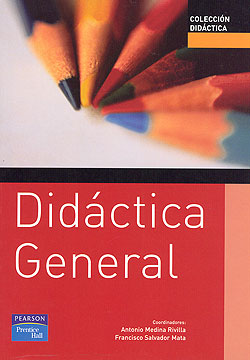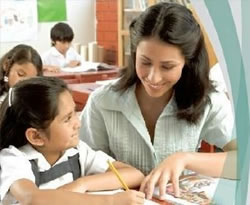
In this chair are applied but used different software in the world of computer such as Word, Excel, Power Point, Access, among others, know the characteristics of each and apply to different daily needs in the workplace , Personal, social and family as it has basic tools, easy learning. These programs are easy to apply and works are constructed according to the creativity of students.















































